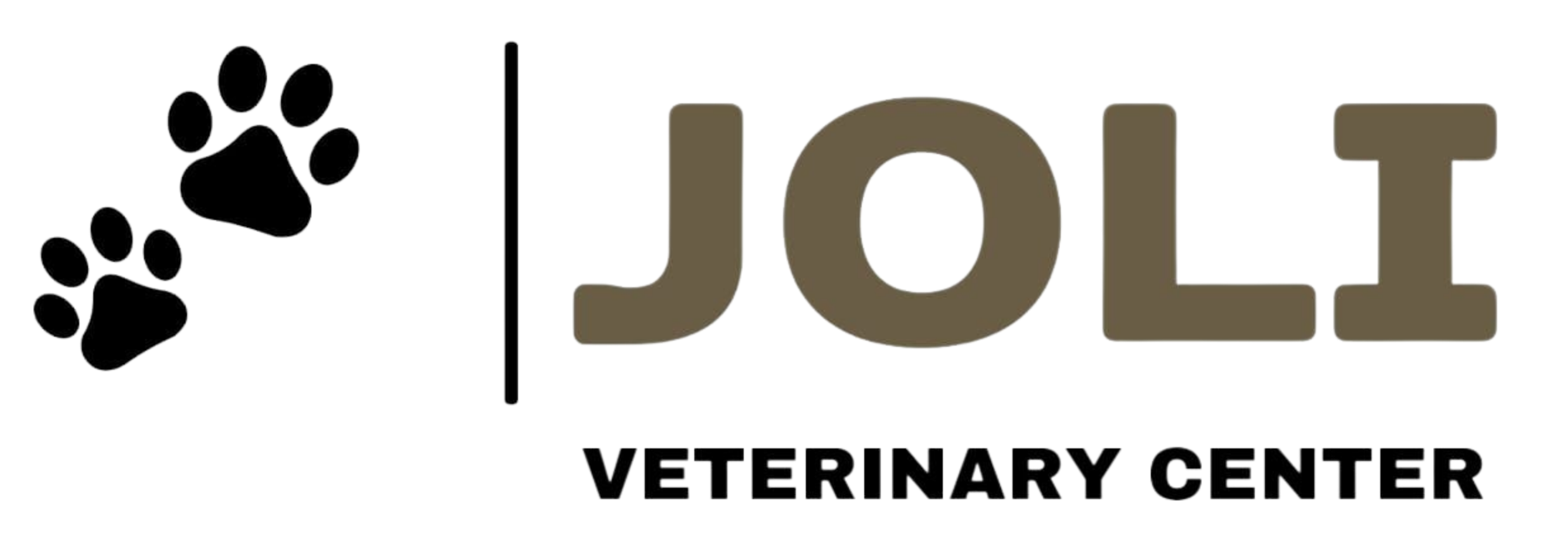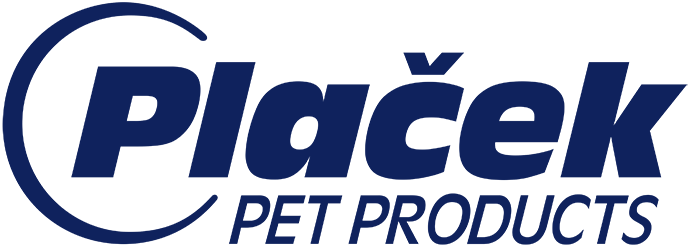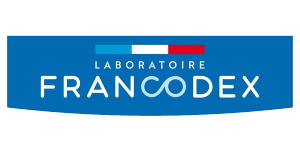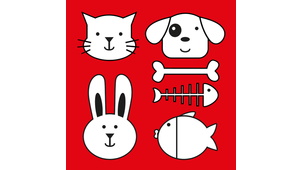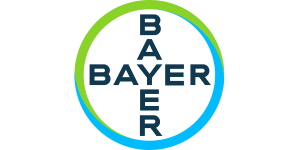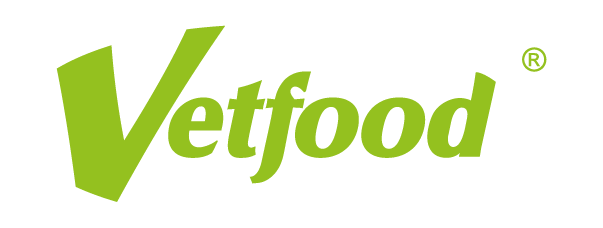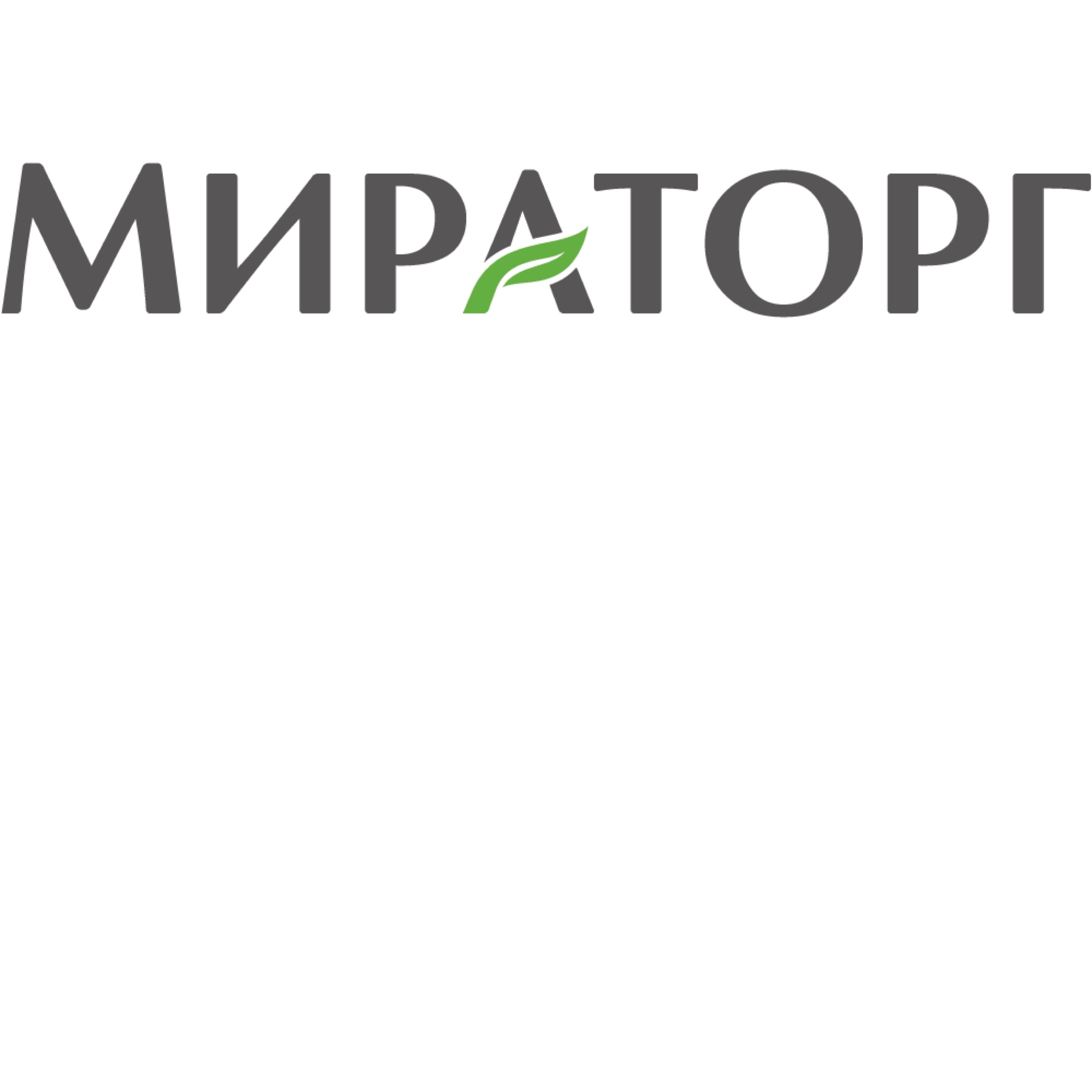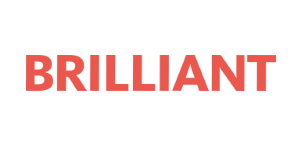
Everyone needs healthy teeth! Toothbrush and toothpaste are on the popular list of non-food essentials. Along with pet products, Joli pet stores always have a full range of products for your pet’s dental health. These products are much more diverse than human products, as they include hygiene products, specialized pet foods, treats, and even toys. Some shoppers are unaware of this diversity and, at best, come to the store for toothpaste and toothbrushes. In the worst case, they try to use “folk” remedies in the form of a mixture of potent hydrogen peroxide, citric acid, tomato paste and crushed charcoal with tooth powder. Even if the animal’s tartar has not yet fully formed, it will take at least a month of regular hygiene measures to soften it. Well, getting rid of plaque within 2-3 weeks will be easier if proper hygiene procedures are carried out.
So, the first thing you should ask the buyer.
1-Did he examine ALL teeth in good light?
2-Are there areas of enamel other than white (yellow, brown, etc.)?
3-What is the condition of the gums: swollen, correct color, bleeding or not?
4-Did the pet have appetite disturbances, chewing difficulties, excessive salivation?
First of all, dry food is considered to be the best for animal dental health. Nutritionists have carefully studied the importance of the shape and texture of dry food. It turned out that in the first place the granule should not be too small (the animal should chew it, not swallow it whole). This technique is used in many premium dog foods, the breeds of which vary greatly in size.
Secondly, the grain should not only resist biting, but also have a fibrous structure that cleans the tooth. This is a more complex option, which is used in the production of special feeds designed to combat plaque. They can be divided into three groups.
The above-described mechanical principle for the prevention of calculi in animals is used in the first group of feeds. The second group uses patented chemical control technologies (active ingredients that form a film on the tooth or dissolve in saliva when the granules are chewed). The third group of foods has both of the above properties.
Basically, these are feeds for animals with special needs – veterinary feeds for animals, some of them can be safely prescribed for the rest of their lives, others may have restrictions and contraindications and be prescribed for a shorter period. A pet store veterinary consultant should recommend specific dosages of medicated food for your dog or cat.
However, one correct medical nutrition is not enough. For healthy teeth, you will definitely need special tools that give the necessary load on the teeth and jaw system.
Therapy and games as prevention
Our pet stores stock a wide range of oral hygiene products: special oral fluids, chewing bones and toys to help clean the teeth of animals (processed cartilage, rings, ropes, special menthol sticks, etc.). All of them are very attractive to dogs and cats. But the shape, texture, composition and additives are different. Most of these foods (other than treats) are for dogs because they love to chew. Among cats, of course, there are lovers of “nibbling”, so manufacturers resort to all sorts of tricks, using supplements that affect cats like valerian.
